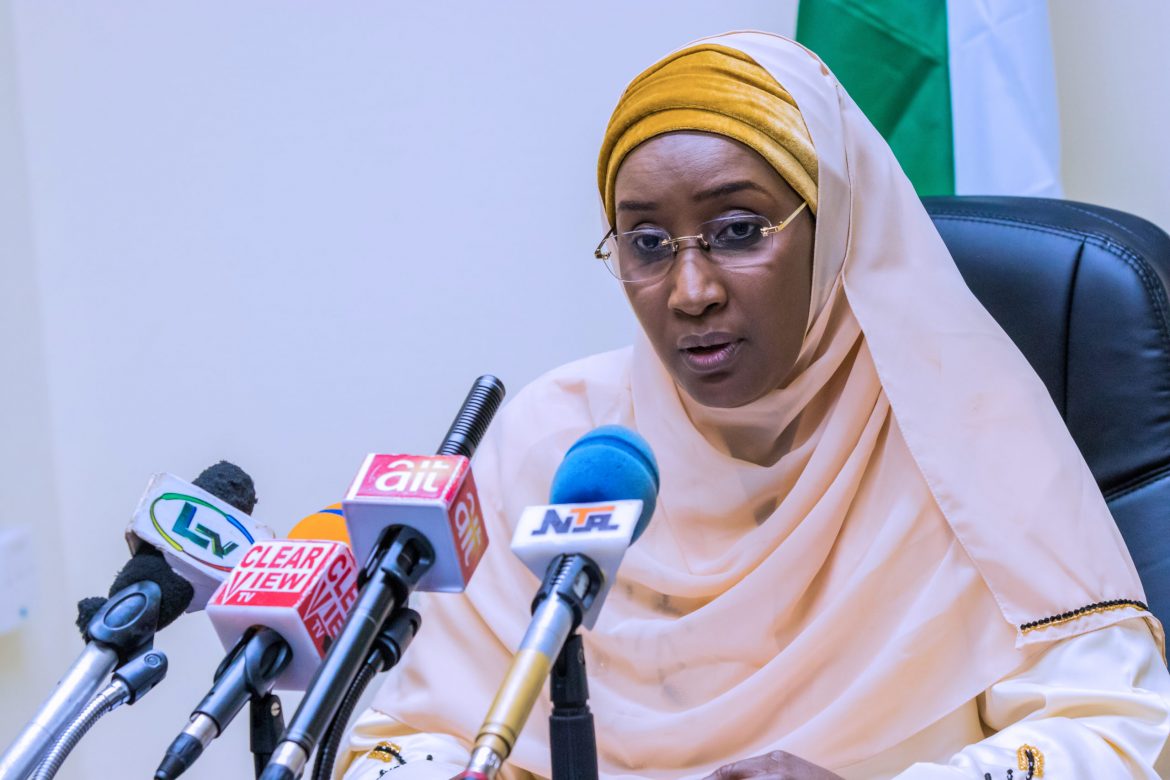She said that 9, 990, 862 pupils from primary one to three in the programme would now be fed with N100 daily for 20 days in a month, which would amount to N999,086,200 million daily.
“Prior to this, we were feeding school children with N70 per child, per meal. This was since 2016 but the President has approved N100 upward review.
“We are here basically to look at how best we can realise the benefits of the programme based on the new approved cost to improve the standard and quality of the meal and menu for the children.
“The breakdown of the N100 is as follows; N70 is for the cost of all food items except egg, N14 for cost of egg to be implemented through the state structures in partnership with Poultry Association of Nigeria.
“We are planning of having ‘Egg Wednesday’, where each child in the programme will be giving one egg every Wednesday.
“N10 stipends for cooks, N5 and N6 for micronutrient fortification, payable to cooks and one naira for quality assurance, payable to supervisors, which is optional,” she said.
Digil said the programme would ensure the elimination of poor implementation practices, adding that the ministry was looking out for reforms.
Meanwhile, Dr Umar Bindir, the National Resource Person of the National Social Investment Programme said that the programme was not the responsibility of the Federal Government alone.
Malam Musa Abubakar, the Programme Manager of NHGSFP in Sokoto State said pupils and their parents were happy with the initial N70 per meal per child.
Ebogha called on Digil to step up in the area of compliance in states that have challenges, adding that NOA was willing to assist on monitoring and evaluation of the programme nationwide.



